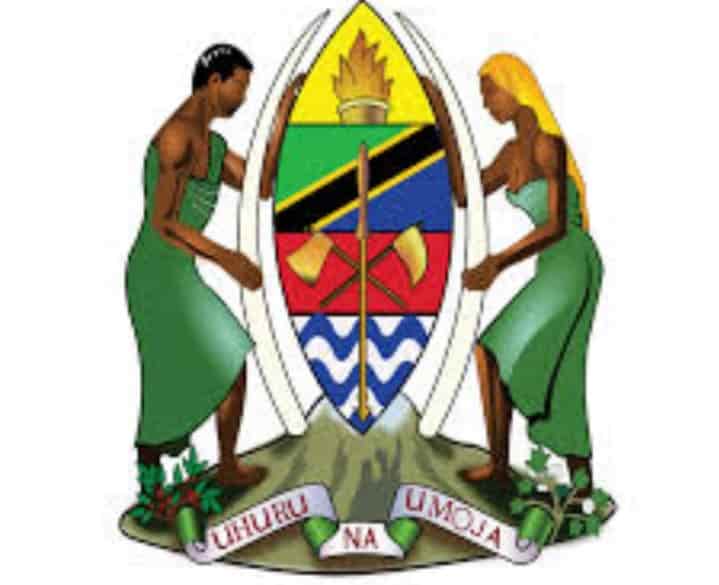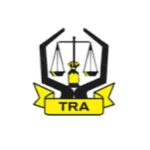Internal Affairs Officer II – Interview Questions & Answers at TRA
Are you preparing for an interview or looking for insights about the Internal Affairs Officer II role at the Tanzania Revenue Authority (TRA)? With 10 openings available, this position focuses on ensuring ethical compliance, investigating fraud, and promoting integrity within TRA.
To help you succeed, we’ve compiled 30+ frequently asked interview questions and answers, covering job responsibilities, qualifications, and key expectations.
Let’s dive in!
1. What does an Internal Affairs Officer II do at TRA?
✅ An Internal Affairs Officer II ensures TRA staff adhere to ethical guidelines, investigates fraud, conducts corruption risk assessments, and maintains accurate investigation records.
2. What qualifications are required for this role?
✅ You need a Bachelor’s Degree in Law, Criminology, Public Administration, Forensic Accounting, or a related field. Proficiency in English and Swahili is also preferred.
3. Why is ethical compliance important at TRA?
✅ Ethical compliance ensures transparency, integrity, and fairness in revenue collection, which strengthens public trust and Tanzania’s economic stability.
4. How do you promote ethical compliance in this role?
✅ By conducting training sessions, developing policies, monitoring staff behavior, and investigating reported ethical violations.
5. What is a corruption risk assessment?
✅ It’s a process to identify, assess, and mitigate vulnerabilities within TRA’s operations that could lead to corruption.
6. How would you conduct a corruption risk assessment?
✅ I would:
1️⃣ Analyze TRA’s workflows to identify risk-prone areas.
2️⃣ Review past fraud cases for patterns.
3️⃣ Interview staff to gather insights.
4️⃣ Assess existing control measures and recommend improvements.
7. What skills are essential for investigating fraud?
✅ Analytical thinking, attention to detail, interviewing skills, financial analysis, and knowledge of legal frameworks.
8. How do you start a fraud investigation?
✅ Begin by:
1️⃣ Gathering evidence from reports, documents, and complaints.
2️⃣ Identifying witnesses and conducting interviews.
3️⃣ Reviewing financial records for discrepancies.
4️⃣ Compiling findings into a formal investigation report.
9. What’s the biggest challenge in fraud investigations at TRA?
✅ Maintaining confidentiality while handling sensitive cases and ensuring fair, unbiased outcomes.
10. How do you maintain accurate investigation records?
✅ By using secure documentation systems, timestamping findings, and ensuring records are stored in tamper-proof databases.
11. Why is Swahili preferred for this role?
✅ Swahili is Tanzania’s national language, making it essential for communication with TRA staff, local businesses, and stakeholders.
12. How does this role contribute to TRA’s mission?
✅ By ensuring accountability and integrity in revenue collection, which prevents financial losses and supports national development.
13. What experience prepares you for this role?
✅ Legal analysis, auditing, forensic accounting, or criminology experience provides a strong foundation for handling compliance and investigations.
14. How do you handle a suspected fraud case involving a colleague?
✅ I’d:
1️⃣ Remain impartial and follow TRA’s investigation protocol.
2️⃣ Discreetly gather evidence before making conclusions.
3️⃣ Report findings to the appropriate TRA authority for action.
15. What legal knowledge is useful for this position?
✅ Understanding Tanzanian laws on corruption, fraud, and public service regulations is key for enforcing ethical compliance.
16. How do you ensure confidentiality during investigations?
✅ By:
✔ Limiting access to sensitive information.
✔ Using secure communication channels.
✔ Following TRA’s privacy and ethics policies.
17. What motivates you to work as an Internal Affairs Officer?
✅ The opportunity to uphold justice, promote ethical governance, and contribute to a corruption-free TRA.
18. How would you train staff on ethical compliance?
✅ Through:
✔ Workshops and seminars on ethics and fraud prevention.
✔ Case studies of past violations to highlight risks.
✔ Guidelines and manuals outlining TRA’s ethical policies.
19. What tools might you use for investigations?
✅ Digital forensics software, financial audit tools, case management systems, and structured interview techniques.
20. How do you handle pressure in this role?
✅ By staying organized, prioritizing tasks, and remaining calm during investigations.
21. What’s the first step after identifying a corruption risk?
✅ Document the risk, assess its impact, and propose immediate preventive measures to TRA management.
22. How do you stay updated on fraud trends?
✅ By:
✔ Following industry reports and anti-corruption publications.
✔ Attending fraud prevention training.
✔ Studying emerging fraud tactics locally and globally.
23. Can you work independently in this role?
✅ Yes, but collaboration is essential for thorough investigations and compliance enforcement.
24. How do you balance ethics and efficiency?
✅ By following investigation protocols diligently while ensuring processes are streamlined to avoid delays.
25. What’s your approach to interviewing witnesses?
✅ I’d:
✔ Use open-ended questions to gather information.
✔ Maintain neutrality and avoid leading the witness.
✔ Ensure a confidential and comfortable environment to encourage honesty.
26. How do you report investigation findings?
✅ By preparing a detailed report with evidence, conclusions, and recommendations, then submitting it to the relevant TRA authority.
27. What’s the role of teamwork in Internal Affairs?
✅ Teamwork helps in handling complex investigations, while individual accountability ensures impartiality.
28. How do you handle false accusations in investigations?
✅ By verifying all evidence, conducting fair assessments, and ensuring innocent parties are cleared promptly.
29. Why is record-keeping critical in this role?
✅ It ensures:
✔ A clear trail of accountability.
✔ Supporting evidence for legal action.
✔ Transparency in TRA’s internal processes.
30. What’s your long-term goal as an Internal Affairs Officer?
✅ To strengthen TRA’s internal controls, reduce corruption risks, and promote a more transparent revenue system.
Final Thoughts
This Q&A guide provides a deep understanding of the Internal Affairs Officer II role at TRA. Whether you’re preparing for an interview or exploring career opportunities, these insights highlight key responsibilities, qualifications, and expectations.
🚀 Ready to apply? Visit TRA’s official recruitment portal for the latest updates and application details.
Good luck with your TRA interview!
To apply for this job email your details to Habariforum@gmail.com





